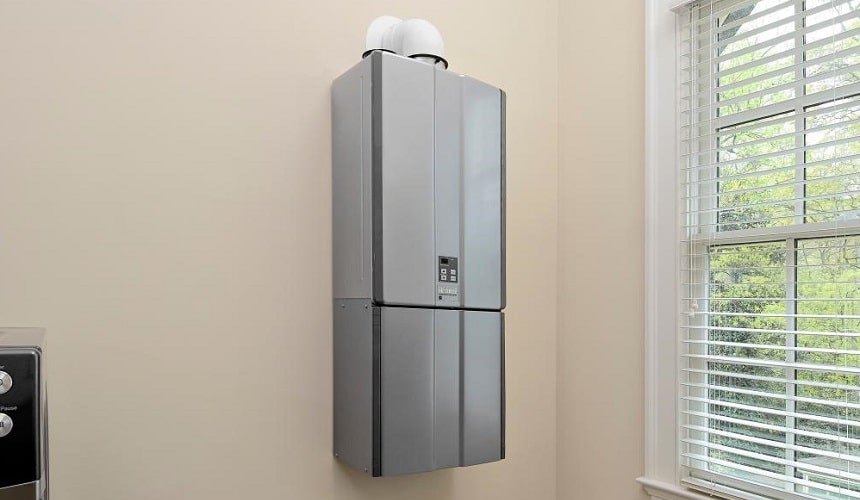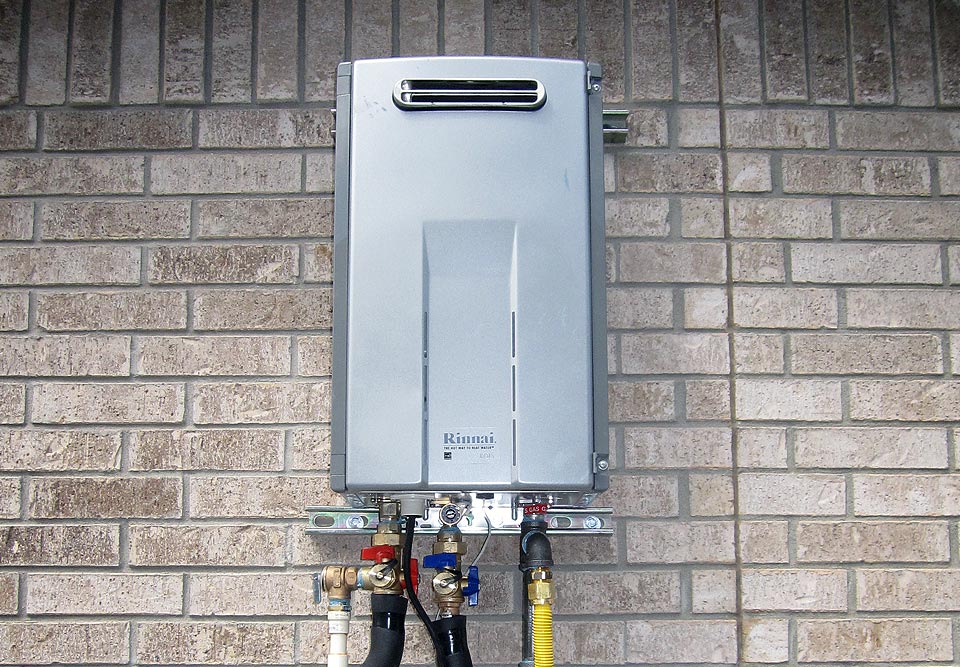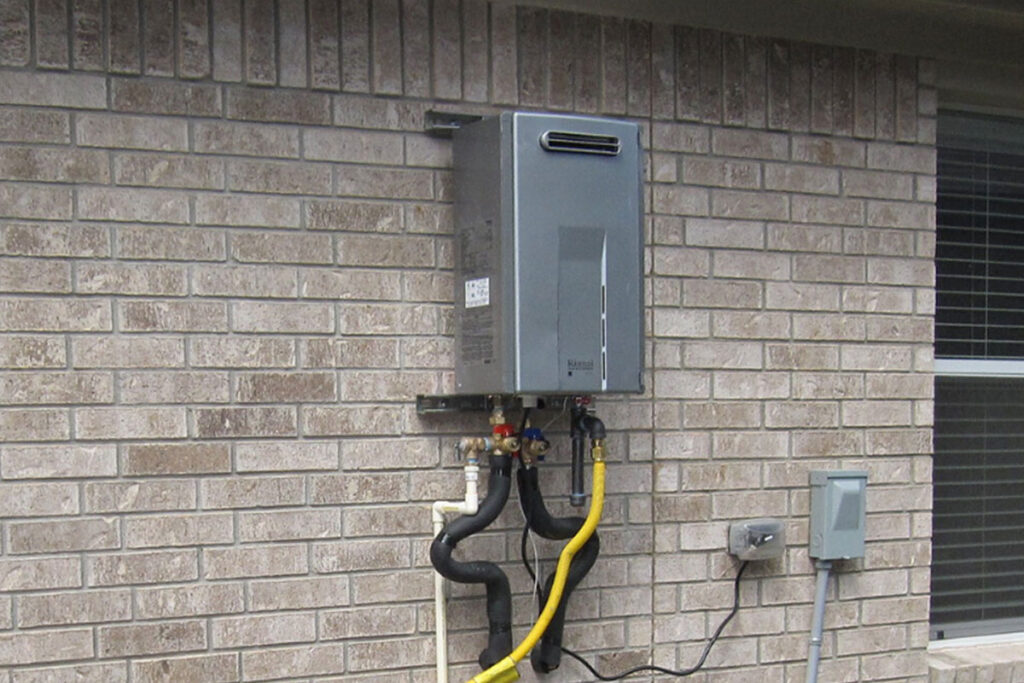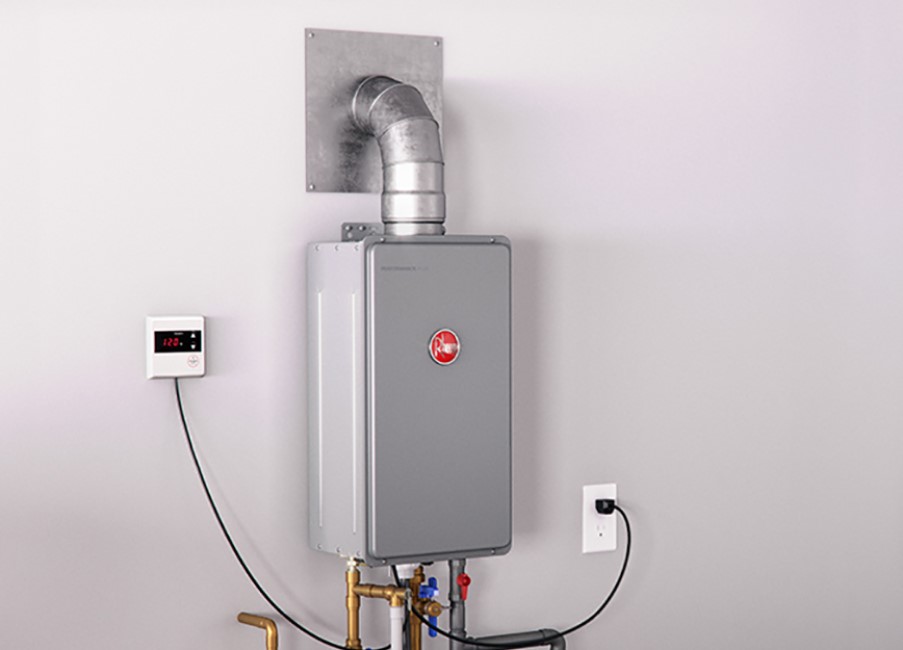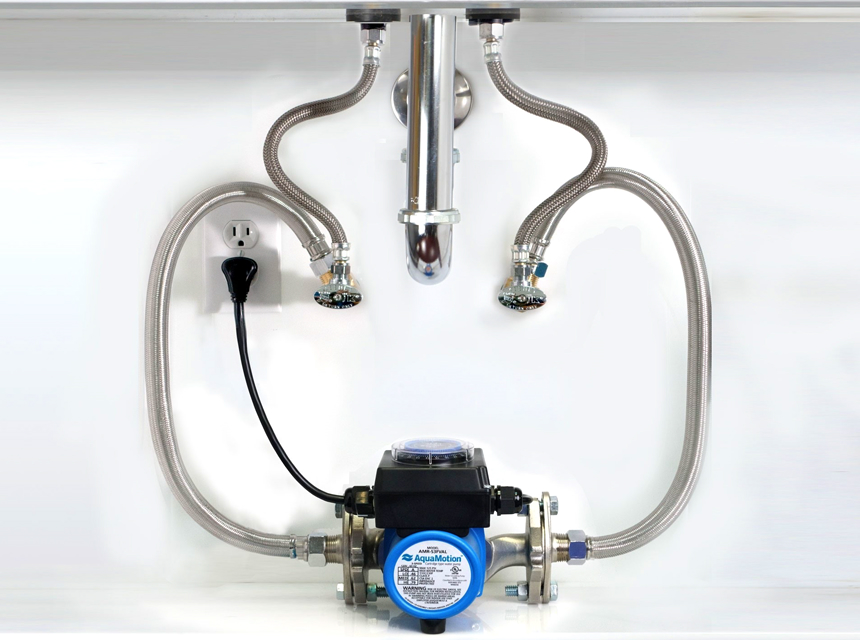

You never woke up a day during winter to a malfunctioned water heater? Or you’re in a rush to get to work, but you found out that the water in the tank isn’t heated? If no, then you wouldn’t know how it feels to take a cold shower in frosty weather. To prevent this from happening, you need to stop ignoring your water heater and treat them with utmost priority.
Knowing how long a water heater will last is a bold step towards preparing for its breakdown. While they last for long periods, their life expectancy isn’t “forever.” In this article, we’ll be telling you the life span of different types of heaters and the “crack-up” hints to watch out for. With this, you will be informed and prepared to repair or purchase a new unit when they start aging.
Water heaters are designed to serve long term purposes. Experiencing a breakdown before about 15 years isn’t expected. But of course, the life span varies, depending on various factors which we’ll be discussing below:
This is one of the water heaters distinguishing factors, and of course, it has an impact on its longevity. Tanked heaters function for an average of 10 to 12 years, depending on the brand’s quality. They’re conventional style storage heaters found in most homes.
Using electrolysis, corrosive particles from use get attracted to the anode rod, thereby maximizing the function of the interior lining. However, the rod’s efficiency reduces as time goes on. When this happens, corrosion takes a hold of your tank and decreases its operability.
If you always wonder about how long tankless heaters last, we’re glad to inform you that they exceed 20 years of use when they’re regularly maintained.
As they’re on-demand water heaters, they don’t come with a tank. Since these heaters do not have to run constantly to warm up your water, expect long term use with ultimate functionality. They’re energy-efficient and eco-friendly. But due to the absence of anode rods, corrosion sets in, and your favorite water heater is ready for replacement.
A water heater’s energy source has a significant impact on its service life. While some require natural gas, others need a steady supply of electricity to function. Water heaters like the tankless can be used with both sources. But how long do electric water heaters last compared to the gas type? Both work using similar mechanisms however, electric water heaters last for about 12 to 15 years.
It uses extra-speed heating coils, which heat up faster than gas burners. When it’s time to get them replaced, the heating coils give you heads-up. Due to frequent usage, they collect sediments that weakens their operability. But regular maintenance will help a lot in boosting its life expectancy.
Gas water heaters are much eco-friendly and energy-efficient compared to their counterparts. In fact, most homes invest in them for a long term supply of heated water. How long do gas water heaters last? Their average lifespan is about 8 to 10 years, which is a few years lesser than their electric equivalents. This is mainly due to corrosion of the gas tanks as they age, which results in leakages.
Precautions were put in place to delay this occurrence, as manufacturers designed an inbuilt anode rod that attracts particles to itself. This works for so long but ends up losing its functionality. Without much Ado, the particles implant themselves on the interior lining and corrode its surface. The tank then leaks, declaring the need for replacement.
The quality of your water is in direct proportion to how long your hot water heaters will last. You can go ahead and get the best pump water heaters or purchase the tanked types, but they won’t last as expected if your water’s quality is compromised.
According to Wikipedia Trusted Source Storage water heater - Wikipedia Water with a lower pH value will corrode the anode rods and steel tank faster. For proper maintenance of the tank, know the pH level of the water stored, watch for corrosion of the anode rod, and replace the anode when it becomes too corroded. en.m.wikipedia.org , “water with a pH less than normal will corrode steel tanks.” Unlike soft water, hard water is known to contain several minerals that increase the rate of particle buildup in your tanks. This leads to frequent corrosion and a lifespan less than usual. Water heaters used in areas with a significant drop in average temperature also tend to give warning signs earlier than scheduled. This is caused by the increase in exertion force used in heating the water.
Maintenance is an essential factor towards ensuring a long-term use of water heaters. Their longevity hugely depends on how you use and maintain them. It’s not a rare occurrence for a heater to last 30 years. If adequate maintenance is in place, prepare to use your heater for decades.
As per tanked water heaters, endeavor to clean out the tanks regularly to get rid of particles and sediments. Yes, your heater will work perfectly without this, but it won’t meet its life expectancy. When you purchase a tankless water heater, keep in mind that cleaning is a necessity without considering the fact that its part are hard to access.
If you use hard water inlets, the best maintenance mechanism is to flush your system frequently to reduce its impact. All in all, the more you make maintenance a priority, the longer you get to use your water heaters.
Now that you know keeping tabs on your water heater is essential, you might be oblivious of what to look out for. We don’t want to have rounds of cold showers because our water heater went haywire, and a new one was never in the budget. So, like other appliances, water heaters leave end-of-life alerts. If by chance you notice any of these signs, you should be prepared to purchase a new unit, no place for surprises!
This is a situation that’s most common among failing water heaters. While in use, they give off a creaking sound that’s a result of a thick crust formed by coalesced sediments. If you use hard water inlets, and you didn’t follow the annual system flushing procedure, you’re losing your heater’s operability to calcium buildups and other dissolved minerals that corrode its inner layer. Keep in mind that this guideline also needs to be adhered to keep your warranty.
When water appears in any shade, it’s easy to ascertain that something is up. We all know that its normal form is colorless, so anything like yellow or dirty red has a questionable source. Water heaters are made of materials that are susceptible to rust. Although several measures were put in place, they end up submitting to their natural enemy. But before concluding that it’s from the heater, try running your cold water faucet. If it’s all good, then it’s time to have your water heater replaced.
When water pools around your tank, it’s an obvious damage sign, no brainer! However, you should check out your pipes and valves first, might just be some loose fittings. If that’s the case, a plumber can check it out and fix any irregularities. Anything other than that, it’s probably from your water heater’s tank. With reference to an article on washingtonpost.com Trusted Source New high-tech systems can help detect water leaks in your home - The Washington Post REAL ESTATE MATTERS | The good news is that today's wireless technology might be able to either alert you instantly that there is a problem, or even shut off the water main automatically or remotely. www.washingtonpost.com , there are different high-tech devices to check for water leaks. This will alert you at an early stage so you can budget for a new unit.
If you notice any decrease in your water’s temperature, or perhaps a significant pressure difference, then that’s a heads-up. When water heaters near their end, the heat ratio gets less than usual. This most likely a result of failure from the heat coils. It’s advisable to replace them as soon as possible to prevent crappy surprises.
This is a more advanced stage of failing heat coils. When your water doesn’t boil at all, know that your heater stopped working. Add a new unit to your budget and prevent days of a chill bath, which are worse during winter.
Seeing a warning sign doesn’t always means Replace, sometimes all that’s needed is a little maintenance. How do you know if you should Replace or Repair?
Need to repair your water heater? Ensure that you hire a professional. You wouldn’t want more damage caused as a result of incompetency.
However, if your water heater needs to be replaced, be sure to opt for time-proven models only. One of the leaders of the market remains Rinnai, with its highly popular natural gas RUC98iN. They offer a 12-year warranty on the heat exchanger, which makes the model even more attractive. Check out with them, Rinnai is one of the well-known brands you can trust.
Water heaters are essential devices that help us scale through harsh weather. Although they work for a long period, they don’t last forever. As mentioned earlier, their longevity depends on various factors and particularly, maintenance. Neglecting these systems will result in an unpleasant experience and short term usage.
Keep in mind that meeting and exceeding their service lives isn’t mere fantasy. All you need to do is choose the right brand and comply with the maintenance guidelines. Keep an eye on the temperature and pressure valves, replace corroded anode rods, and flush the systems annually to get rid of sediments. How long do water heaters last? What signs should I look out for? Do I need to replace or repair? I’m sure you’re now well informed.
